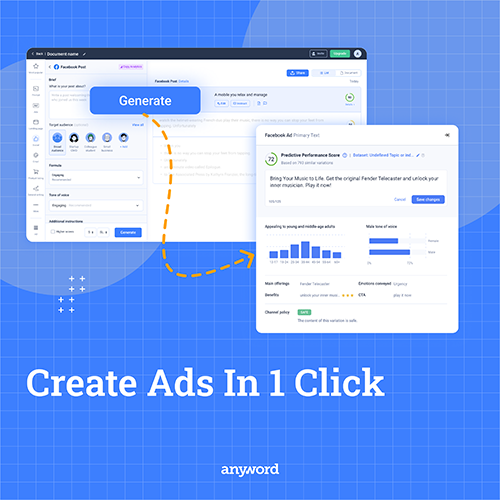Interviews can be daunting, particularly for those who are new to the job market or who haven’t interviewed for many years. Preparing for a job interview by practising answers to common questions can help you feel more confident and give you time to prepare appropriate responses.
Hiring managers tend to ask a variety of questions to determine how well you’ll fit into the company and how competent you are. There are four key types of interview questions – motivational, behavioural, situational and technical. Let’s take a look at some popular questions that fit into some of these categories and explain how to answer them.

Why do you want to work here?
This motivational question is designed to assess your interest in the company, industry and role. Make sure you’ve researched the organisation and know the specifics of the job description. Your answer should focus on your having the appropriate skills for the position, and explain why the company itself appeals to you. You can also briefly explain why it makes sense as the next step in your career.
Remember that hiring managers will typically want to employ someone who will grow with the company, so focus on your desire to develop your skills and be challenged.
Tell us about a time when you overcame a challenge
This behavioural question helps the hiring manager understand your past work experiences to see if you fit in with the company culture and the demands of the role. It’s important to showcase your skills and experience with a highly specific example. In this instance, it can be helpful to use the STAR method to structure your answer and demonstrate the results you achieved. STAR stands for:
- Situation: Describe the situation you faced
- Task: Describe the task you had to complete
- Action: Describe what you did
- Result: Explain the results of your action and what you learned
If you noticed a colleague made a mistake, what would you do?
This situational question poses a hypothetical scenario in which you face an uncomfortable interaction with a colleague. It allows hiring managers to get an idea of your interpersonal skills and ability to solve problems. The specifics of your answer may vary depending on the nature of the job you’re applying for or the industry of the employer.
However, your answer should focus on establishing the facts of the mistake before discussing the matter with the colleague personally and privately. Hiring managers value good communication skills and teamwork, so describe how you’d work with the colleague to repair any problems and prevent future mistakes from occurring.
Where do you see yourself in X years?
Hiring managers use this motivational question to understand how you see the job fitting into your long-term career plan. They want to see your ambition while feeling confident that you won’t outgrow the role too quickly. Keep in mind also the nature of the job. If it’s one where there isn’t too much room for progression within the company, your answer should focus on your desire for stability.
No matter what questions you’re asked in a job interview, always keep in mind that hiring managers are looking for reliable and committed employees who will grow with the company, so tailor your answers around these factors.






















